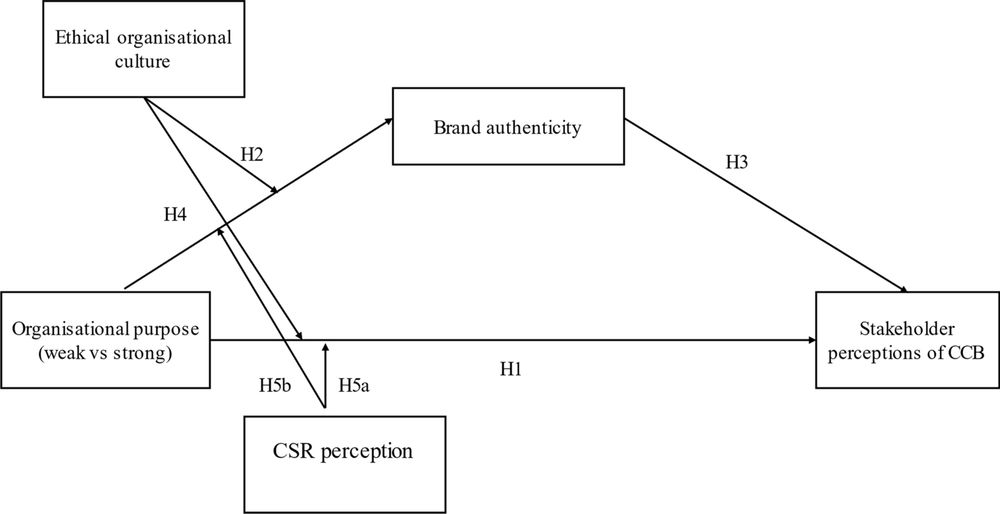The publish or perish, publish and perish, publish then perish, and now retract and perish cultures in academia - Naunyn-Schmiedeberg's Archives of Pharmacology
The publish-or-perish (POP) culture in academic publishing has become ingrained for several reasons and may be a phenomenon that is difficult to erase simply because publishing remains the most visible form of recognition for scientists, who use both publishing and the recognition it confers to remain relevant while securing their status, employment, funding, visibility, and other benefits. Although scientific publishing has immeasurable benefits when it represents thoroughly conducted research or an integrated philosophy, when observed through the prism of POP culture, a negative connotation is associated with it. As the POP adage implies, if one does not publish, then one may figuratively and intellectually perish (i.e., publish and perish), and when this transcends to a literal plane, the adage publish then perish is born. At a more extreme level, and no longer driven by the desire to publish, the retraction of intellect or literature due to error or misconduct has diversified POP culture by adding a layered adage of retract and perish, where the latter may occur both figuratively and literally. In this essay, an attempt is made to identify several factors that may induce POP culture and the impact it has on individual careers, knowledge creation, the benevolence of scientific endeavor, and the well-being of science, society, and Humanity.












